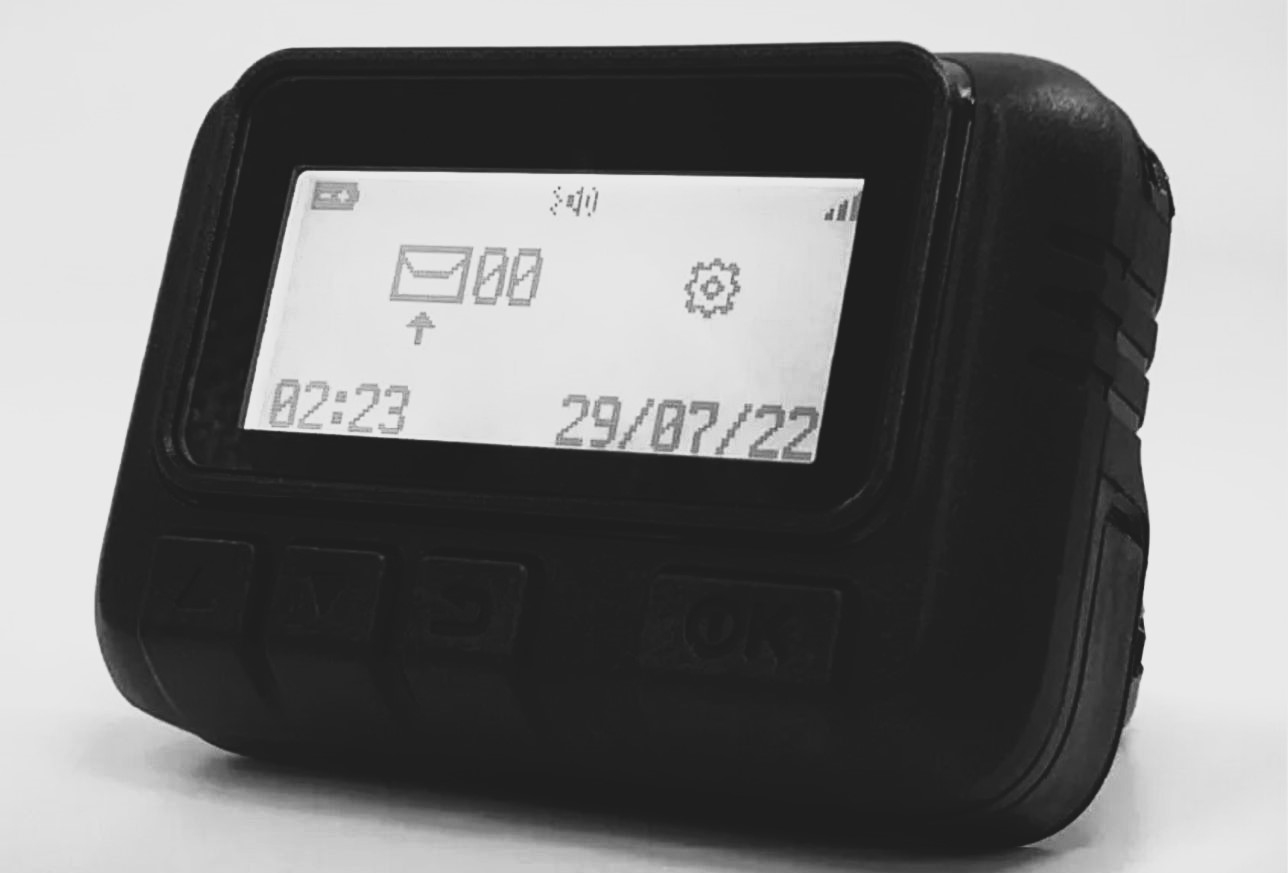On the 18th of September more than 3000 pager exploded in Beirut and its surroundings which, as suspected, turned out to be a highly effective intelligence operation by Mossad which had intercepted the supply chain of Hezbollah who had settled for pagers instead of smartphones and other more modern devices for fears of being intercepted.
But that was not the end. The next day, telephones started blowing up, as well as pads and short frequency radios, commonly known as walkie-talkies, and other electronic communication devices. Ibrahim Al-Aqil which was the head of military operations for Hezbollah, was injured by such a device but recovered two days later, exiting the hospital. Unfortunately for him and the Hezbollah leadership, he went straight to a high-official meeting with the others and the location suffered an air-strike which took out top ranking officials from the terrorist group.
The Mossad hacked their phones, so they moved to pagers. They blew up their pagers, so they moved to walkie-talkies. They blew up the walkie-talkies, so they moved to meet in person. They blew up the meeting.
All this was done in retaliation for transforming the north of Israel into an uninhabitable place because of the daily rocket launches from southern Lebanon. In addition to the perceived escalation that took place from all these actions, Israel has amassed forces in northern Israel so as to put the threat of land invasion onto the table.
As things stand at the moment, there have been no signs for a retaliatory response by Hezbollah, or Iran, other than a few speeches given by Nasrallah, which was interrupted by low-flying aircraft by the Israeli Airforce.
This mentioned action can have two effects: the first is the political signaling that even when you give a televised speech condemning the strikes and vowing for retaliation, you can hear the supersonic airplanes of the enemies, rendering your threats as meaningless and useless and the second effect is that you can try to figure out where Nasrallah is actually hiding by using the sound of the planes to locate him, based on when it is heard.
In any case, the subsequent rhetoric was done as expected, meaning that it is not likely that Hezbollah will retaliate, or at least not meaningfully and further confirms that the terrorist organization is not looking to escalate and expand the war, limiting itself to rocket and drone strikes, which it has done in the aftermath of each Israeli strike and operation.
Throughout the whole ordeal, the US administration has been working at a solution to render both southern Lebanon and northern Israel habitable once again, looking to create a ceasefire between the two warring sides. The challenges are there, of course, especially when considering that Nasrallah has stated that as long as the war between Hamas and Israel continues, Hezbollah will continue to strike at Israel.
In such cases, from political standpoints, it is extremely hard to go back on these declarations, otherwise they will fall into irrelevance and lose their grip to power in Lebanon. For this reason, we find the efforts for such a settlement commendable, but with close to zero chance of happening. This does not mean that there will not be other kinds of strikes back in revenge, for Hezbollah has been dealt heavy blows – most of their operatives have been marked by the explosions, so they are well known by now by Israel, who has no-doubt been monitoring the casualties and injuries sustained by the electronic devices, the top military leadership has been taken out, not everyone, but surely enough to weaken the organization for some time and has shown that Israel is on top of things and is controlling the supply chains, their plans and operations.

